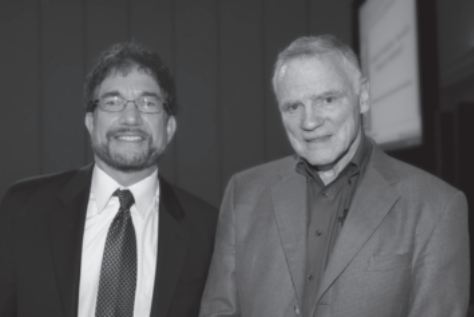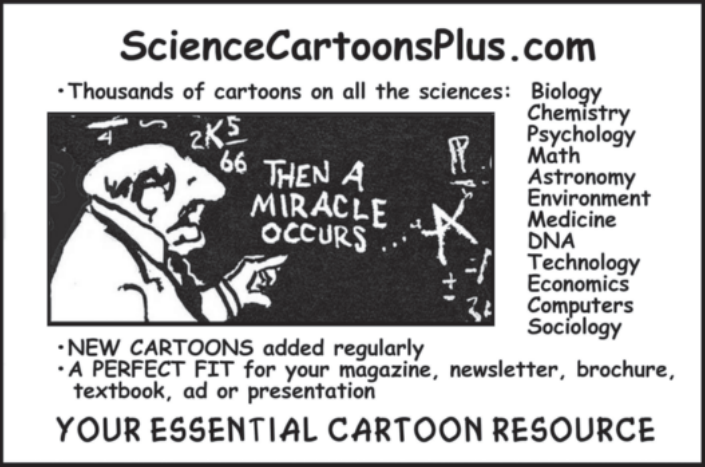
Leroy Hood, president and cofounder of the Institute for Systems Biology, presented the plenary session at the 2012 CSE annual meeting. Hood, who led the California Institute of Technology team that invented the high-speed DNAsequencing machines that paved the way for the sequencing of the human genome, defined P4 medicine as predictive, personalized, preventive, and participatory. He predicted that within the next 10 years, each of us will be surrounded by a cloud of data that will lead to a revolution in medicine. That revolution will be driven by the systems approach, which examines organisms in terms of their parts, how those parts are connected, and the dynamics of the system—in his words, “how stuff happens”.
Hood described five radical changes in science—true paradigm shifts—with which he has dealt: the application of engineering to biology, especially in DNA and protein synthesis; the Human Genome Project; cross-disciplinary departments that couple technology with biology, giving rise to systems biology; the Institute for Systems Biology; and P4 medicine, which will quantify wellness and demystify disease. He observed that scientists were initially resistant to many of these ideas and that new organizational structures are required to support the changes because the old bureaucracies will not work.
The Human Genome Project changed medicine and biology in a number of ways, according to Hood. It provided a complete “parts list” of human genes, made the genome accessible to all scientists, and allowed the development of proteomics. The project also brought software engineers to the field of biology, promoted open data access, led to a standard for DNA sequencing, and set the stage for pharmacogenomics and individualized treatment. It reinforced the ideas that science must be socially responsible and that the human genome is about what it means to be human. The Human Genome Project transformed our understanding of evolution and led the way toward identifying the genomes of other organisms. Finally, the project led to about $800 billion in economic opportunities.
Systems medicine views biology as an information science: information is passed from DNA to RNA, to proteins, then to systems, and finally to the organism. In the systems view, disease comes from the perturbation of the informational network that leads from the genome to molecules, cells, organs, the individual, and social networks. Systems medicine requires an environment in which to study systems biology. That environment must be on the leading edge of research with new tools, technology, and cross-disciplinary partnerships and with strategic partnerships among industry, academe, and government.
Hood described research on blood testing for organ-specific proteins, which provide a window into disease by allowing early detection, disease stratification, monitoring of disease progression and therapy, and assessment of recurrences and wellness. A microfluidic chip that can be used to analyze organ-specific proteins quickly is being developed.
Family genome sequencing is another frontier of systems biology that integrates genetics and genomics. Hood believes that such testing will be routine in 10 years and will cost less than $500. He pointed out that sequencing of family genomes can find disease and wellness genes. Some 300 gene variants are “actionable”; that is, if you are aware that you carry a variant gene, you can do something about it. The genome can be searched routinely to identify new actionable genes.
The convergence of systems medicine, the digital revolution, and social networking is leading to P4 medicine: predictive because genomics is used, personalized because individual treatments will be under our own control, preventive because we can react to the information provided, and participatory because patient-driven social networks will demand access to data and better treatments. There are, however, technical and societal barriers to P4 medicine. Hood believes that these can be overcome through partnerships that will take on “big science” problems through new approaches to fundraising and through involvement of the best scientists in the world.
P4 medicine also has societal implications, namely, opportunities to revise the business plans of the health-care sectors of the economy, to digitalize medicine for individual patients, to turn around the rise in the cost of health care, and to create substantial wealth through a wellness industry.
Hood advised editors to help people to think outside the box and to think abstractly about new ideas. He suggested that whenever an editor sees an interesting new idea, he or she should strip away what is already known and think objectively about what could be.

